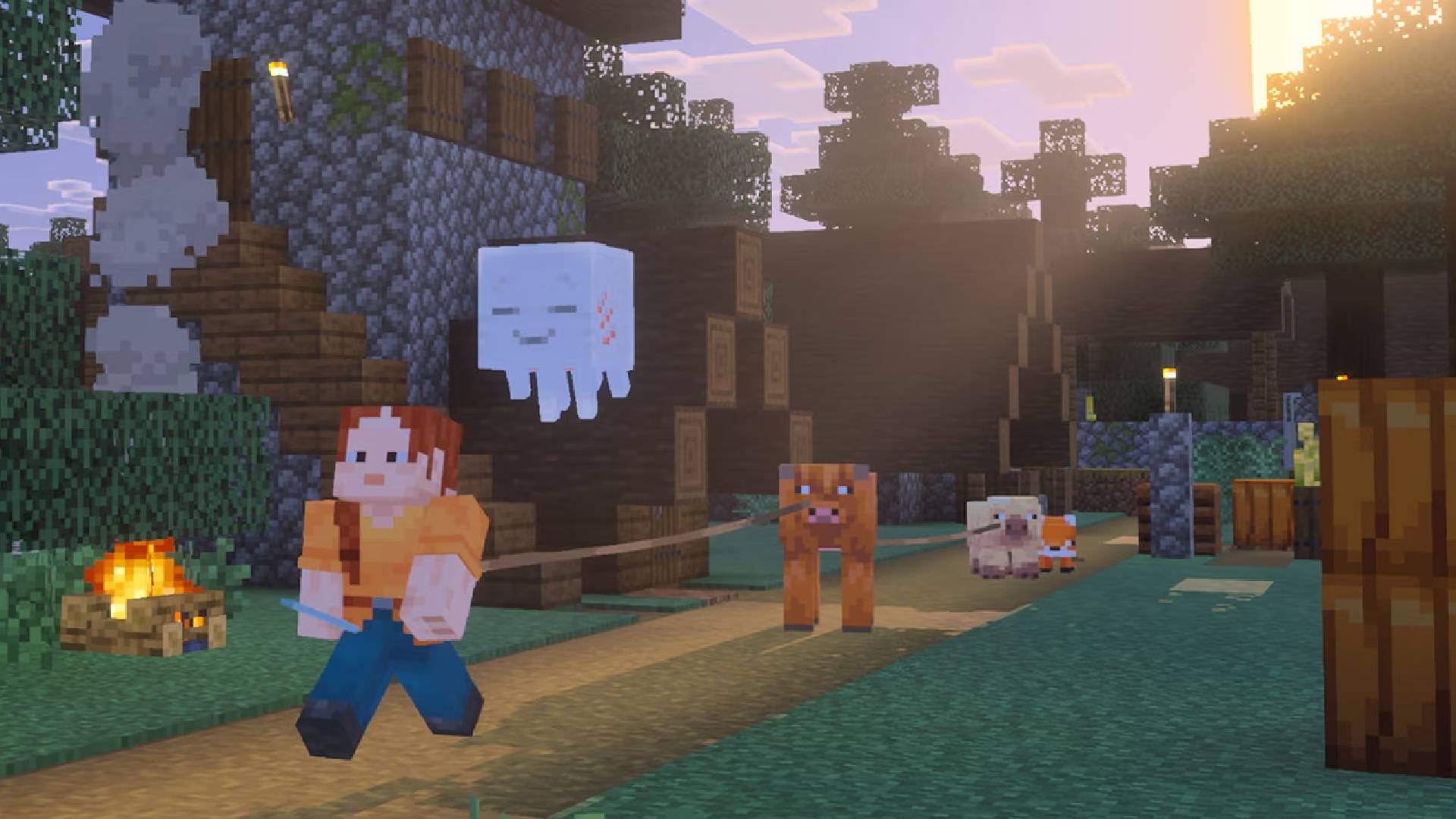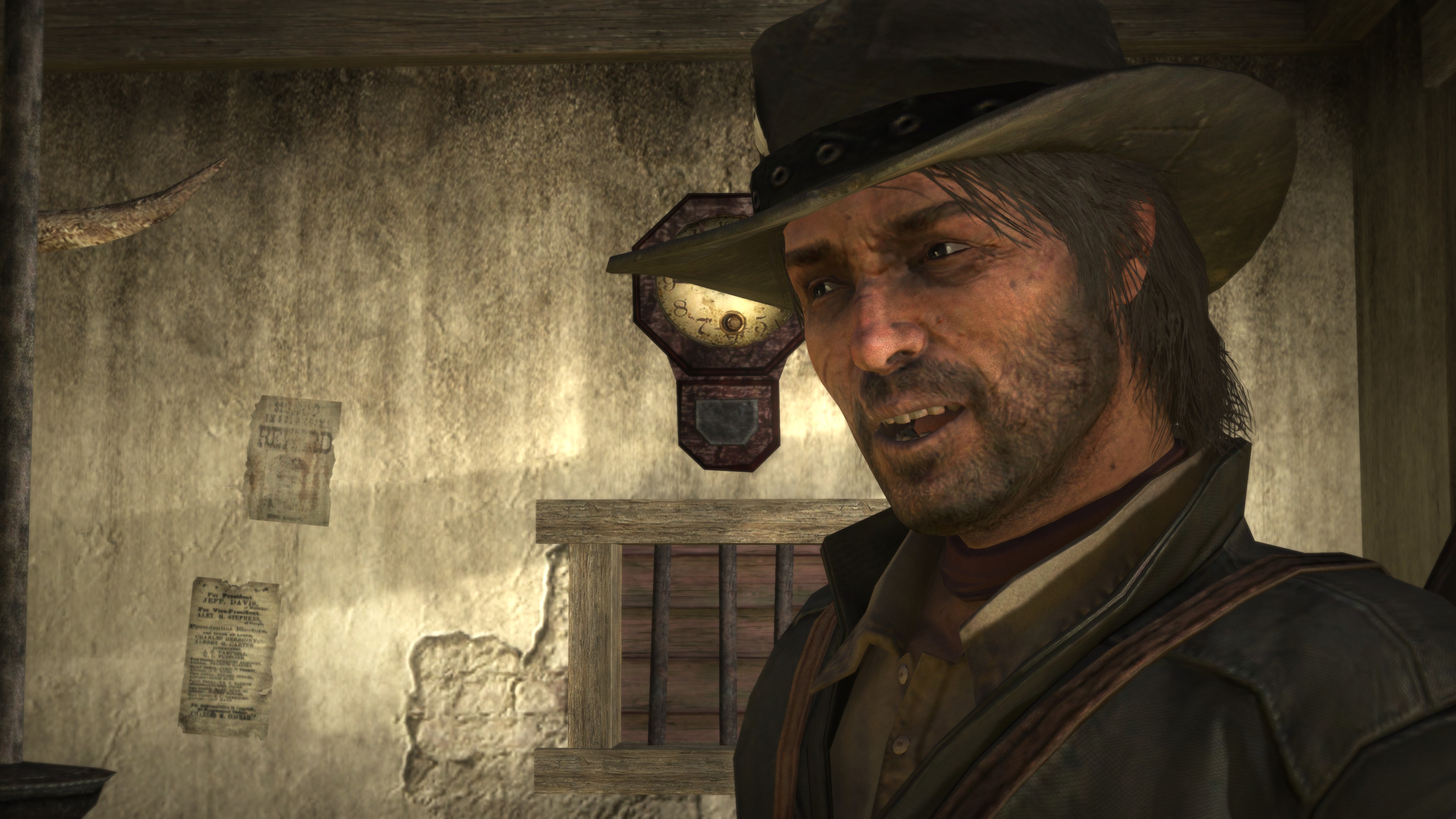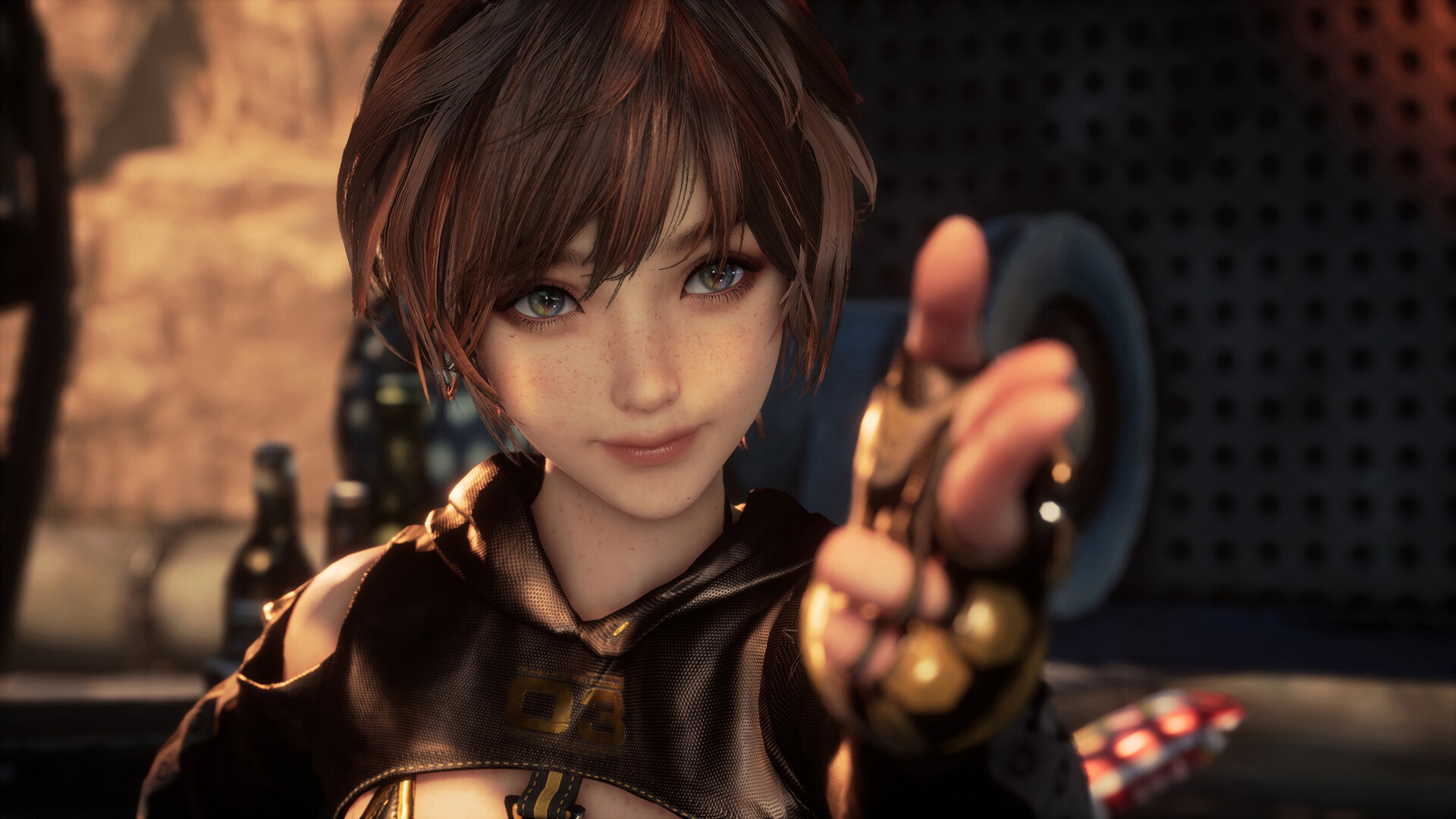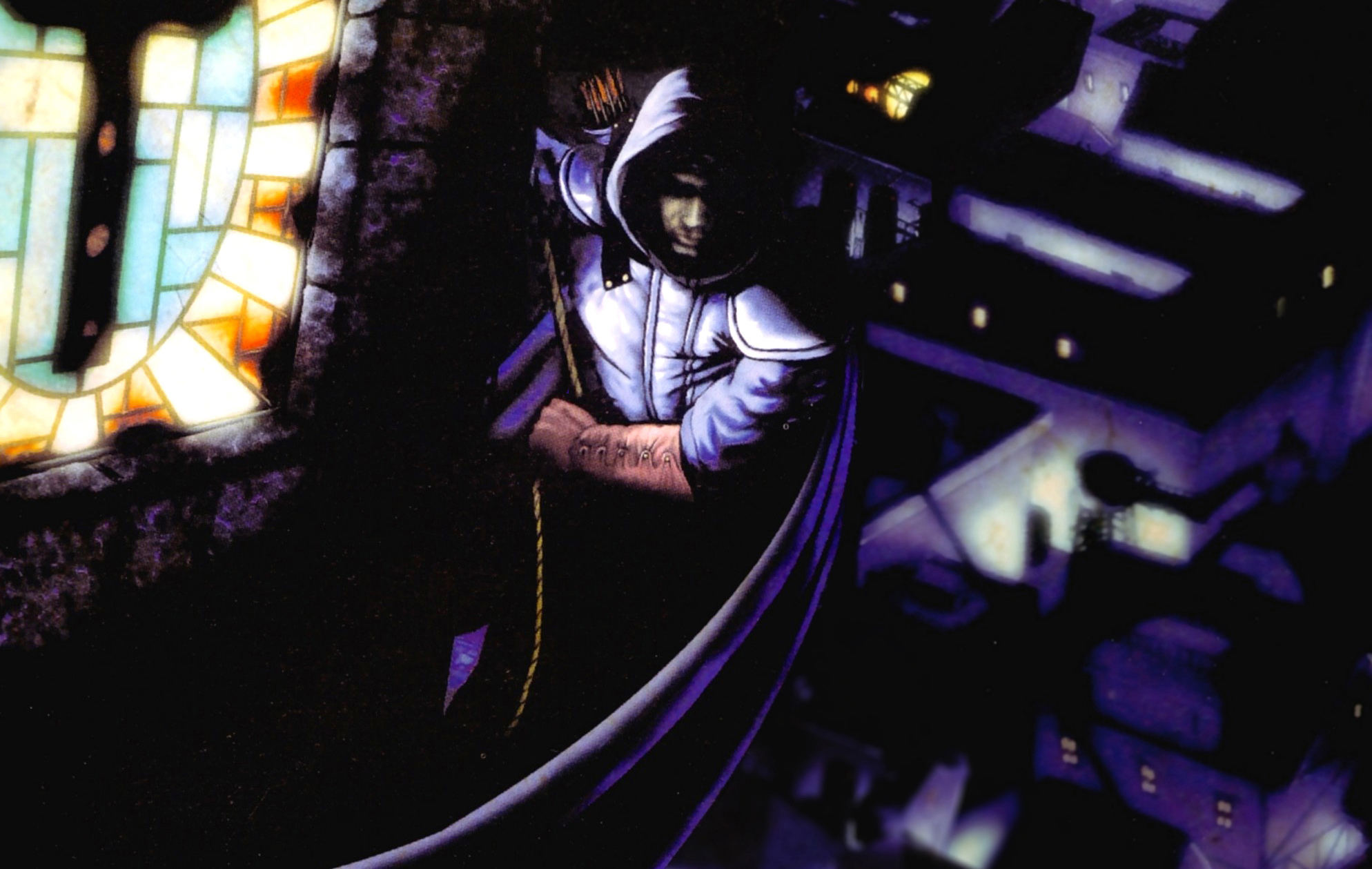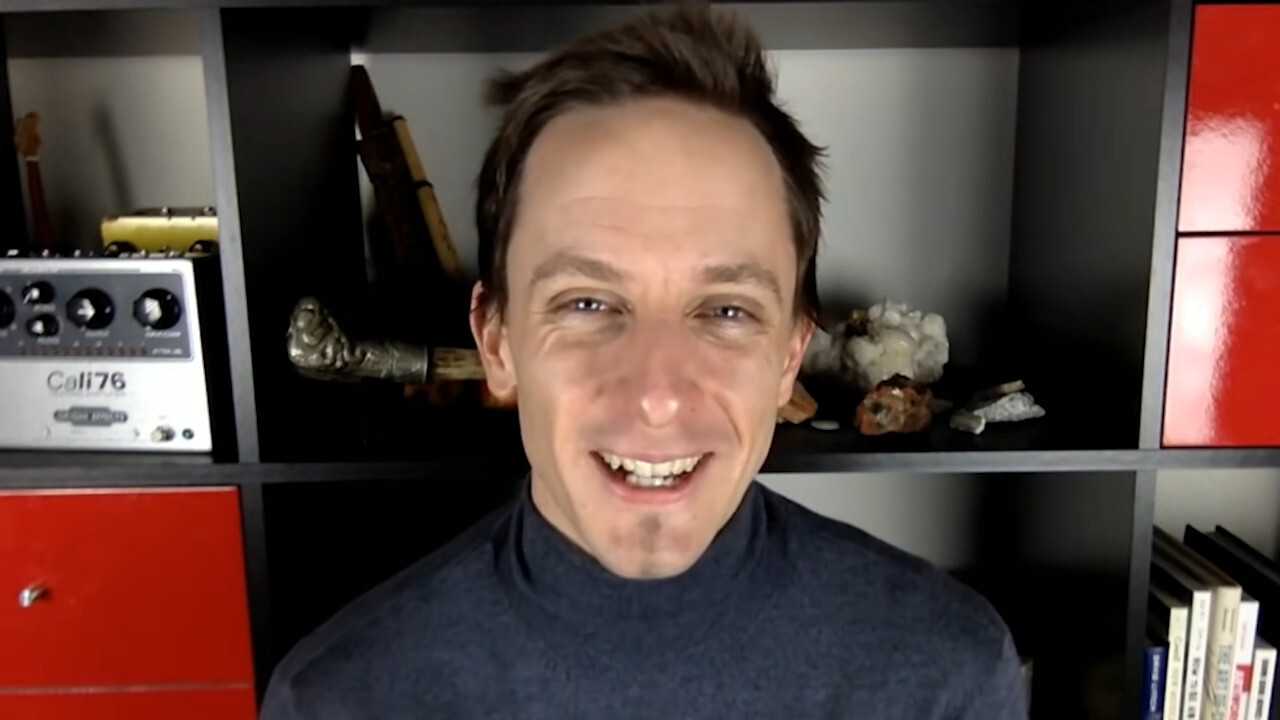
After more than two years of silence, Mick Gordon has responded in depth to id Software's complaints about his work on Doom Eternal.
More than two years after his public falling out with Bethesda Softworks, Doom Eternal composer Mick Gordon has issued a lengthy and detailed statement on his side of the dispute. Gordon claims he was the target of unfair and dishonest behaviour on id Software’s part, perpetrated primarily by Doom Eternal executive producer Marty Stratton, but defends his commitment to the game, saying, “I never quit Doom. I quit a toxic client.”
Cracks in the surface first appeared following the release of the official Doom Eternal OST in April 2020. The audio quality was dodgy, and Gordon quickly revealed that he had not mixed most of the tracks. He also expressed doubt at the time that he’d work with Bethesda again. It was a very surprising statement in light of his long and seemingly-successful relationship with the studio across games including the 2016 Doom reboot, the Wolfenstein reboot, and Prey.
In May, Stratton posted an “open letter” on Reddit in which he praised Gordon as a composer but portrayed him as unreliable and difficult to work with. He said Gordon could not meet the OST deadline he’d agreed to, and that a two-month extension granted at his request wasn’t sufficient either, forcing id Software to give responsibility for it to lead audio designer Chad Mossholder. Stratton said his Reddit statement was prompted by “direct and personal attacks” made by Gordon against Mossholder, and while he wished Gordon well, added that Bethesda and id Software would not be working with him on any Doom Eternal DLC.
Gordon declined to comment at the time, but today’s statement paints a very different picture than the one presented by Stratton. In it, Gordon disputes much of Stratton’s 2020 message, saying that Stratton “lied about the circumstances surrounding the Doom Eternal Soundtrack” and “used disinformation and innuendo” to unfairly blame him for its failure.
“Marty’s Reddit post severely impacted both my professional and personal reputation,” Gordon wrote. “In releasing this statement, I’m exercising my right to defend myself. It is a defence, not an unprovoked attack, issued with extreme reluctance only after all other attempts to resolve the matter have failed.”
Gordon also called on his fans and followers to not respond with abusive behavior toward anyone involved: “This statement is not an excuse for a hate campaign. Acts of hate dished out online won’t result in any positive change. In fact, it only makes things worse.”
After explaining the nature of his employment—Stratton is not an employee of id Software or Bethesda, but an independent contractor—and his work, Stratton stated that he encountered a number of difficulties while composing for Doom Eternal, including a tight deadline, lack of direction and supporting materials, slow communication, and multiple interruptions. The schedule was “a masterpiece in Excel but a disaster in reality,” Gordon wrote, but efforts to come up with something more workable went badly. He said that Stratton “rejected” his criticism of the schedule, and characterized it as “a sign of incompetence.”
This was very near the start of the project, and according to Gordon, things grew worse as development continued. Gordon alleges that he worked for months-long stretches (nearly a full year at one point) without being paid, and that he was not aware of the plan to release an official soundtrack until it was announced at E3 in 2019. Crunch, he says, was brutal, for him and id Software both: Gordon speculated that one of the reasons there was no proper strategy for an OST release is that “id Software was stretched thin by the overwhelming push to make the November 22 release date and had no capacity to deal with other problems looming.”
I was horrified. Not just at Marty turning his back on what was our agreed path forward but also at his shameless disregard for the truth in his attack.”
—Mick Gordon, Doom Eternal composer
Doom Eternal was eventually released to acclaim, but Gordon said he still had no contract for the soundtrack, and he claims that when the OST was delayed in March 2020, he still hadn’t been offered a contract to do the job. Stratton eventually revealed to Gordon that id Software had been working on an “alternative OST” for at least six months prior to the contract offer, which Gordon said finally arrived just two days ahead of Doom Eternal’s release. Last-minute efforts to collaborate on the project failed, at which point Stratton decided that Mossholder’s work would be released.
“I could have protested, but it wouldn’t have done any good,” Gordon wrote. “Under the contract, Marty was guaranteed veto power and complete creative control. Ultimately, I’m just a contractor—it’s their product, and they govern every aspect.
“I voiced my anxieties over [Chad Mossholder’s] edits and hoped they had improved since the week before. I said they should ensure the album adheres to mastering standards and provided specific details in that regard.”
Ultimately, Bethesda confirmed that Gordon had met his contractual obligations and paid him what he was owed. But Gordon took serious issue with the state of the OST, which he said “was full of real, obvious technical faults, mistakes, and errors resulting from careless editing.” But the worst thing, he said, was discovering that the OST included a “massive amount” of music for which he had not been paid, including rejected tracks, demos, sketches, and mockups. That led to a call between Gordon and Stratton, during which Gordon said he and Stratton agreed to release a joint statement on fixing the OST problems. shortly thereafter, however, Stratton posted his “open letter” on Reddit which blamed the troubles on Gordon.
“I was horrified,” Gordon wrote. “Not just at Marty turning his back on what was our agreed path forward but also at his shameless disregard for the truth in his attack: the Reddit post was littered with lies and disinformation which directly contradicted the actual events and contractual clauses.”
(Image credit: Mick Gordon (Twitter))
Lawyers became involved and settlement offers were allegedly exchanged: Gordon says he was offered a “six-figure sum” in exchange for taking responsibility for the problems with the soundtrack, which he declined, while his offer to produce a proper OST was hung up on Stratton’s refusal to take down the Reddit post, which his lawyers allegedly said “would reflect poorly on his reputation.”
Tired of having his reputation called into question by Stratton’s open letter (he said “incidences of online abuse escalated at an alarming rate” following the post), Gordon eventually had the post taken down himself by way of a sympathetic Doom subreddit mod. That apparently ended any hope of reaching an agreement, as Stratton’s lawyers allegedly then told Gordon that Stratton was “greatly offended” and “furious” over the post’s removal, and “made it clear in the strongest terms that an amicable resolution would be impossible.”
He resorted to lies and innuendo … then tried to bury the issue under a stack of cash.”
—Mick Gordon
Gordon said Stratton’s reaction put him in a position where his only option was to make a public statement in order to repair his reputation.
“Marty couldn’t accept that I never wanted to work with him again, and made his best attempt to send my career into a nosedive as punishment,” Gordon wrote. “He resorted to lies and innuendo that fell apart under the most basic level of scrutiny, then tried to bury the issue under a stack of cash.
“Using NDAs, settlements and gag orders to silence truths is an appalling tactic used by people in high positions of power fearful of accountability. I am choosing to speak out because the alternative was to accept that tactic as okay.”
As a fan of both Mick Gordon and Doom, I’m sad to see that the relationship between them has gone so badly. There’s clearly an animus here that goes way beyond a disagreement over creative direction. Gordon said his statement doesn’t reflect “the overwhelmingly positive, successful relationships” he’s had “with many people and studios under the Zenimax umbrella,” and that the projects and people he worked with “remain dear to [his] heart.” But it appears clear that the relationship between Gordon and Stratton is broken on a much deeper level, and it seems that Gordon’s prediction that he won’t ever work with Bethesda again is likely to hold.
I’ve reached out to Bethesda for comment on Gordon’s statement and will update if I receive a reply.
